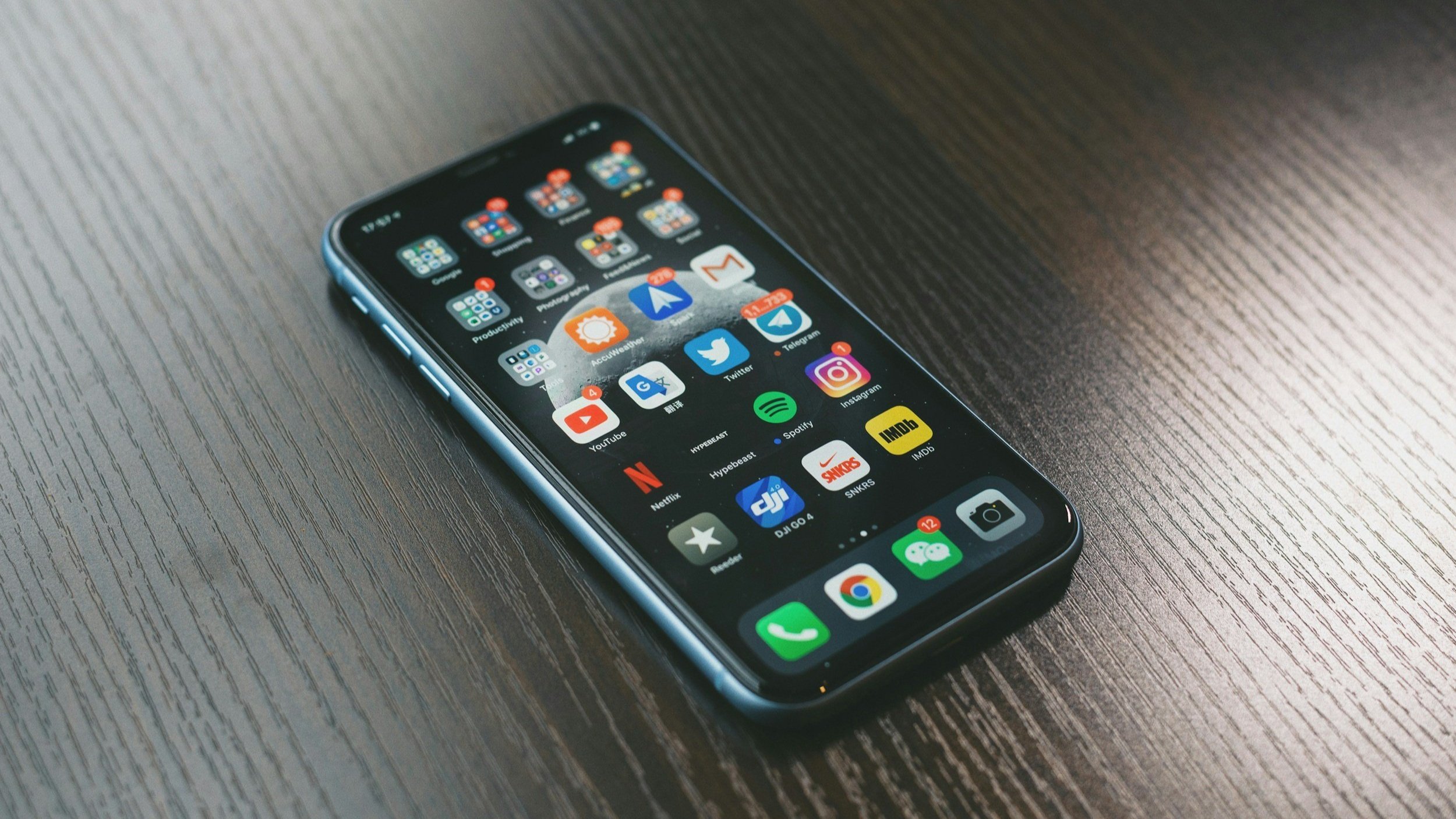What is Instant Gratification?
In today’s fast-paced digital world, we have access to nearly everything at our fingertips. Whether it’s food delivery, online shopping, or social media. We are used to getting what we want, when we want it.
This phenomenon is known as instant gratification. It is the desire to experience pleasure or fulfillment without delay. It is enjoyable, but it has significant effects on our mental health and long-term success.
This article will help you understand
What instant gratification is
Examples of Instant gratification
The science behind immediate gratification
The Downsides and how to change
Lets dive in.
Understanding Instant Gratification
Instant gratification is our tendency to focus on short-term rewards over long-term benefits. It is at the root of human psychology, as our brains are wired to seek pleasure and avoid pain. When we satisfy an immediate craving, our brain releases dopamine, the “feel-good” chemical. This includes checking social media, eating a sugary snack, and binge-watching TV.
Dopamine is the universal currency of motivation. When you use it for simple pleasure like TV and social media, it spike your dopamine. Overtime, it becomes depleted. As a matter of fact, you can complete exhaust your dopamine levels. Making you more likely to seek quick rewards in the future.
What are some Examples of Immediate Gratification?
Immediate gratification is anything that gives you a high value reward for putting in minimal effort. Including but not limited to:
Social Media
High Calorie Foods
Pornography
Streaming services
A Deeper Dive into how Social media creates Overindulgence
A common example of immediate gratification is scrolling through social media.. The instant likes, comments, and notifications provide a quick dopamine hit. That dopamine hit can be almost immediately replicated by the next post. And the next post.
This consistent and high value dopamine use can suck you in. Causing you to ignore your responsibilities and even become anhedonic.
Why do Humans Want Instant Gratification?
Humans seek instant gratification because our brains evolved to prioritize immediate rewards. This trait evolved as a survival mechanism. Our ancestors had to make fast decisions to maximize their likelihood of survival. This includes eating high calorie foods, passing on their genes, and being alert to danger.
The world used to be one of scarcity, where hoarding resources was necessary to survive. In modern days, we live in a world of plenty. Food, internet sex, and quick laughs are always available. This availability has happened much faster than our brains can adapt.
The Science Behind It
Psychologists have studied instant gratification. Most notably, in the famous Marshmallow Test conducted by Walter Mischel in the 1960s. In this study, children had a choice:
Eat one marshmallow immediately or wait a little longer and receive two marshmallows.
Children who waited for the second marshmallow (i.e. delayed gratification) have better life outcomes. This included measures such as higher academic achievement, healthier relationships, and improved self-discipline.
This study highlights an important aspect of human behavior: our ability to use willpower often leads to greater success. Yet, in a world where convenience is everywhere, resisting instant reward has become more challenging than ever.
Is Instant Gratification ADHD?
Instant gratification is common in all humans. People with Attention Deficit Hyperactivity Disorder (ADHD) may experience stronger urges for immediate rewards. ADHD is associated with difficulties in impulse control. This makes it harder to resist distractions.
But, instant gratification itself is not exclusive to ADHD; it is a universal human tendency. In other words, those with ADHD will struggle more with instant gratification. But, they are not the only ones who will.
The Downside of Instant Rewards
While instant rewards provides short bursts of happiness, relying on it has negative consequences. Including but not limited to:
Reduced Patience and Focus: The more we indulge in instant rewards, the harder it becomes to concentrate. Long-term goals, learning new skills, or a healthy lifestyle fall by the wayside.
Increased Impulsivity: Constantly seeking immediate pleasure can lead to poor decision-making. Things like such as overspending, unhealthy eating, or procrastination are common.
Mental Health Struggles: social media and pornography are a major source of instant gratification. They have been linked to anxiety, depression, and low self-esteem.
Relationship Difficulties: The quick dopamine rush from likes and virtual sex create dependency. With time, it makes real-life interactions less fulfilling.
How to Overcome Instant Gratification
Overcoming the urge for instant rewards requires self-discipline and mindful strategies. Here are some effective ways to build better habits:
Practice Delayed Gratification: Train yourself to wait for rewards. Start small, like resisting the urge to check your phone for 10 minutes, then extend the time.
Set Long-Term Goals: Having clear objectives helps you stay focused. Focus on future success over momentary pleasure.
Create a Reward System: Do not indulge immediately. set milestones and reward yourself when you achieve them.
Limit Distractions: Reducing exposure to instant gratification triggers. Things like social media or porn, this can help you develop healthier habits.
By understanding instant gratification and learning how to manage it, you can make better choices that lead to lasting fulfillment and success.
Looking for a way to overcome instant gratification for porn?





